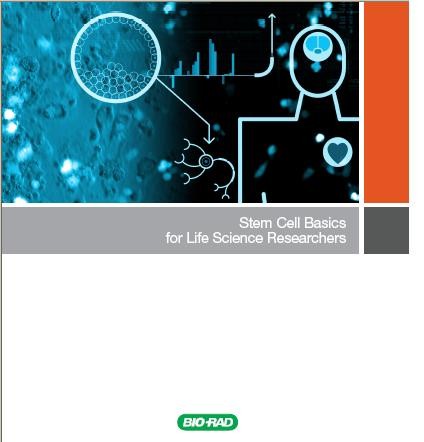The pathophysiology of both Type 1 and Type 2 diabetes involves activation of the inflammatory response and the upregulation of cytokines such as TNF-alpha and IL-6. Type 1 diabetes is considered an autoimmune disease that attacks beta-islet cells in the pancreas. Past studies have shown that injecting bone marrow cells (BMCs) and mesenchymal stem cells (MSCs) into sublethally irradiated diabetic mice rapidly returns blood glucose and serum insulin concentrations to normal levels through a mechanism that involves the regeneration of recipient-derived pancreatic insulin-secreting cells and inhibition of T-cell-mediated immune responses against newly formed beta-cells(1).
There is a large body of evidence supporting MSCs immunosuppressive function which was recently the subject of a review published by Ghannam et al. in Stem Cell Research & Therapy (2). Due to their hypoimmunogenicity, MSCs have generated a lot of interest as having potential therapeutic applications in autoimmune diseases such as type 1 diabetes.
More recent studies have looked at the use of Human Umbilical Cord Blood (HUCB) as preferred source of stem cells because of its easy availability and low potential for graft-versus-host disease and tumorigenicity. In vitro and in vivo studies have shown that HUCB-derived stem cells can differentiate into insulin-secreting beta-cells and that administration of HUCB cells improves blood glucose levels in diabetic animals (3).
Whatever their source, stem cell therapy is showing significant promise in the treatment of diabetes. Below is an interesting video that I found that eloquently describes the benefits of stem cell therapy in type 2 diabetes.
For a very thorough introduction to stem cell technology, see the Stem Cell Basics for Life Science Researchers booklet from Bio-Rad Laboratories.
(1) Urbán VS, Kiss J, Kovács J, Gócza E, Vas V, Monostori E, & Uher F. (2008) Mesenchymal stem cells cooperate with bone marrow cells in therapy of diabetes. Stem cells (Dayton, Ohio), 26(1), 244-53. PMID: 17932424
(2) Ghannam S, Bouffi C, Djouad F, Jorgensen C, & Noël D. (2010) Immunosuppression by mesenchymal stem cells: mechanisms and clinical applications. Stem cell research & therapy, 1(1), 2. PMID: 20504283
(3)Reddi AS, Kuppasani K, & Ende N. (2010) Human Umbilical Cord Blood as an Emerging Stem Cell Therapy for Diabetes Mellitus. Current stem cell research & therapy. PMID: 20528762
Tags: cytokines, diabetes, stem cells














